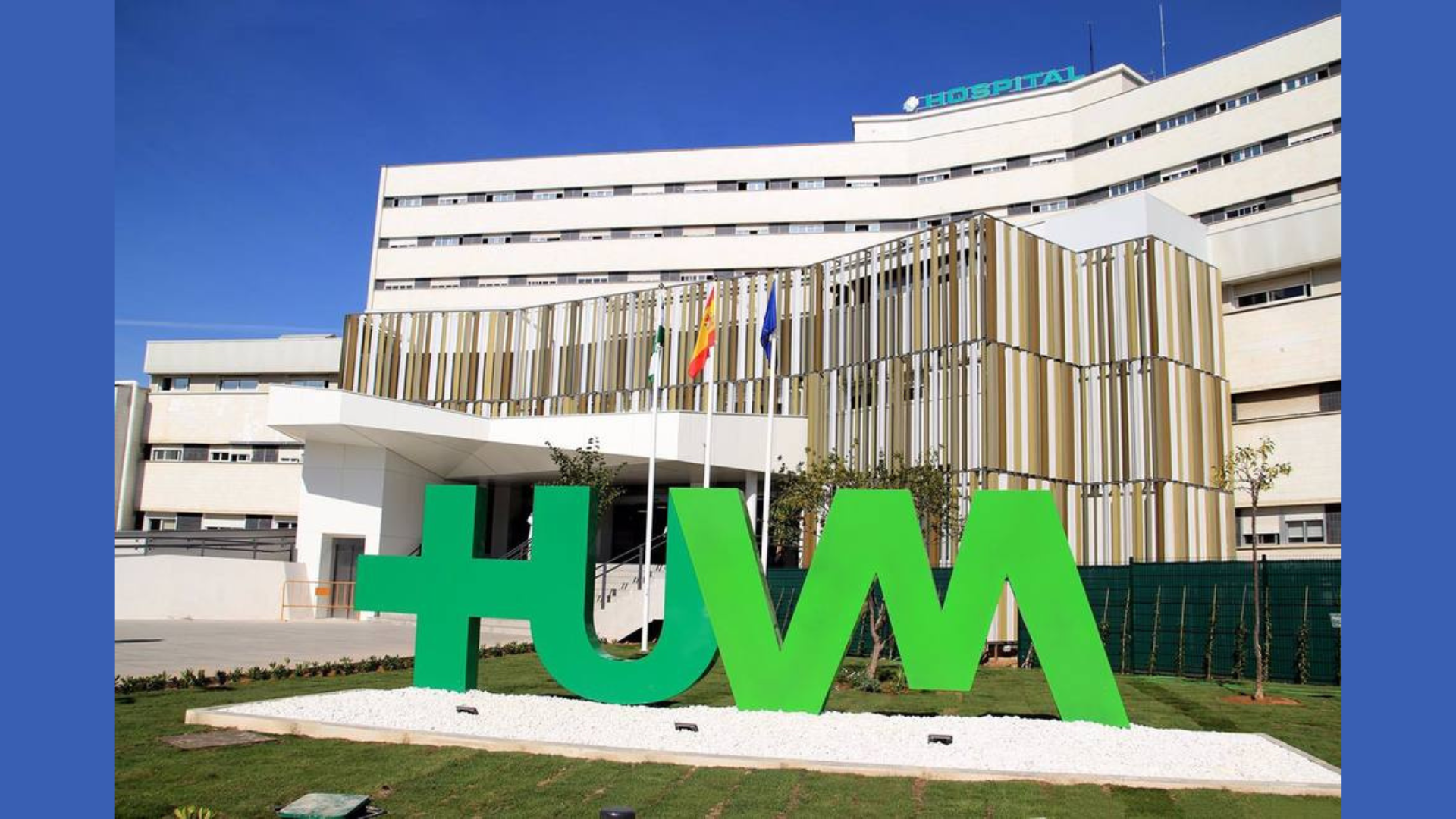The Virgen Macarena Hospital and ReHand publish the results of their clinical trial - #BHHMembersInitiatives
The Virgen Macarena Hospital and BHH member ReHand publish the results of their clinical trial with more than 600 patients and focus on new body segments.
The clinical trials conducted by different hospitals of the Andalusian Public Health System, led by the Hospital Virgen Macarena in Seville, and financed by the Ministry of Health of the Andalusian Regional Government, have been completed.
Musculoskeletal disorders are an important public health problem. With a large consumption of resources and disability benefits, they can hardly be absorbed by current healthcare systems. ReHand, a telerehabilitation tool for the wrist-hand-finger segment via Tablet, was born in 2016 to improve patient recovery and make the healthcare system more sustainable.
With 663 patients collected, trials have shown faster clinical recovery when patients were treated with ReHand, compared to conventional treatment. In addition, an optimization in the management of hospital care resources was observed. Patients treated with ReHand required an average of nine fewer physiotherapy sessions and two fewer rehabilitation visits, and there was a 41% reduction in the referral rate of these patients to the rehabilitation service, which impacts on the waiting list. Specifically, an average savings for rehabilitation of €670 per patient was estimated.
These results have been reported in "Archives of Physical Medicine and Rehabilitation," the most internationally cited scientific journal in the field of rehabilitation research, and add to the results of previous clinical trials in which a reduction in disability times was observed. These trials were conducted by Ibermutua, Spain's third-largest occupational health insurance company.
However, beyond all the scientific-technical work and the awards won, they consider that their most important milestone in 2022 has been the great reception of the new full-body module through artificial intelligence. Speaking to Alejandro Suero, clinical leader of the technology, he comments that "taking the technology and the results obtained to other body segments was the reasonable step. Clinicians from different specialties asked us to transfer what ReHand does to other regions of the body. And that's what we did."
With more and more leading hospitals in different countries using the technology, more than 1,500 patients were treated in 2022, reaching 25,000 sessions and performing more than 800,000 exercises.
José Manuel López, CTO of ReHand, explains that "we generated a new ReHand module, RehBody, by applying artificial intelligence algorithms to the front camera of the patient's device. On a practical level, the patient stands in front of the camera on their smartphone or laptop, and the artificial intelligence tells them how to perform each exercise in an optimal and adapted way, collecting data that is sent to their professional." 
This February they opened an investment round through BHH member Capital Cell, a leading healthcare startup crowdfunding platform, with the aim of scaling the results achieved in Spain to other countries and going beyond the nearly 100 clinics and hospitals that they have as clients and use their technology.
To achieve these milestones, they have had the support of entities such as the European Institute of Innovation and Technology, BHH member Ship2B Ventures or Fundalogy (Unicaja Foundation), leading entities in the promotion of social impact investment at a European level. Check out their website HERE.


